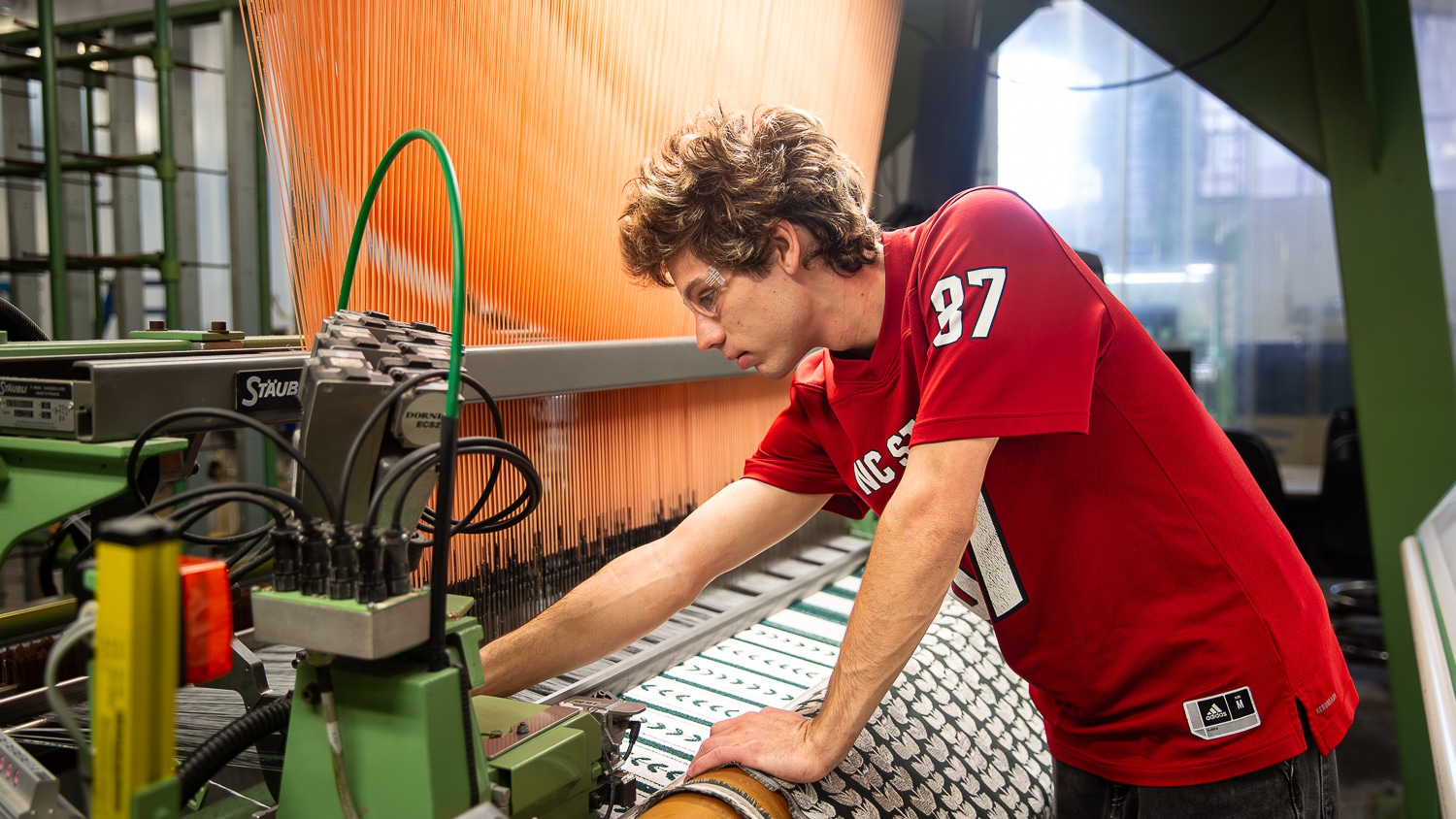Dr. Xiangwu Zhang Named a Winner of the BASF Energy Contest

Dr. Xiangwu Zhang, professor and inaugural University Faculty Scholar in the department of Textile Engineering, Chemistry and Science at NC State’s Wilson College of Textiles, recently was named a winner of the BASF Energy Contest. His research group was one of four to receive €100,000 for innovative battery concepts. The award was announced in late November at the “Creator SpaceTM Summit” in Ludwigshafen. The winners were selected from 122 applications by a jury of BASF experts and external specialists.
The Open Innovation Contest was initiated by BASF at the beginning of February and aims to find ideas for the storage of energy from renewable energy sources. Sustainable technologies should make it possible to store power from the grid and feed power back into it. Together with scientists, inventors and companies, BASF is looking for efficient solutions for the long-term storage of electricity, which are financially viable, for example through lower investment costs. Innovative chemistry was to play a central role in the submitted proposals.
Professor Zhang’s research group proposed the concept of high-performance sodium-ion batteries that applies special electrode preparation methods.
“So far, most electronic devices like cell phones and laptops and electric cars rely on Li-ion batteries. However, we only have limited Li resources on this planet and they are distributed only in a few countries. As a result, the ever growing cost of Li due to limited reserves of Li element in the earth crust hinders the use of Li-ion batteries for large-scale applications, such as smart power grids and stationary energy storage. To address this challenge, we are developing low-cost Na-ion batteries with high capacity and long cycling stability for grid scale applications,” said Zhang.
“Na-ion batteries are a feasible alternative to Li-ion batteries due to the substantially lower cost and higher abundance of Na, which ranks as the sixth most abundant element in the Earth’s crust. Na’s similar chemistry to Li and its advantageous cost-effectiveness make Na-ion batteries a promising energy storage device of choice for large-scale, grid storage applications. In our work, we are developing novel electrode and electrolyte systems to obtain increased energy density with affordable production cost for large-scale Na-ion battery systems,” he said.
Further information on BASF is available at www.basf.com.
- Categories:


